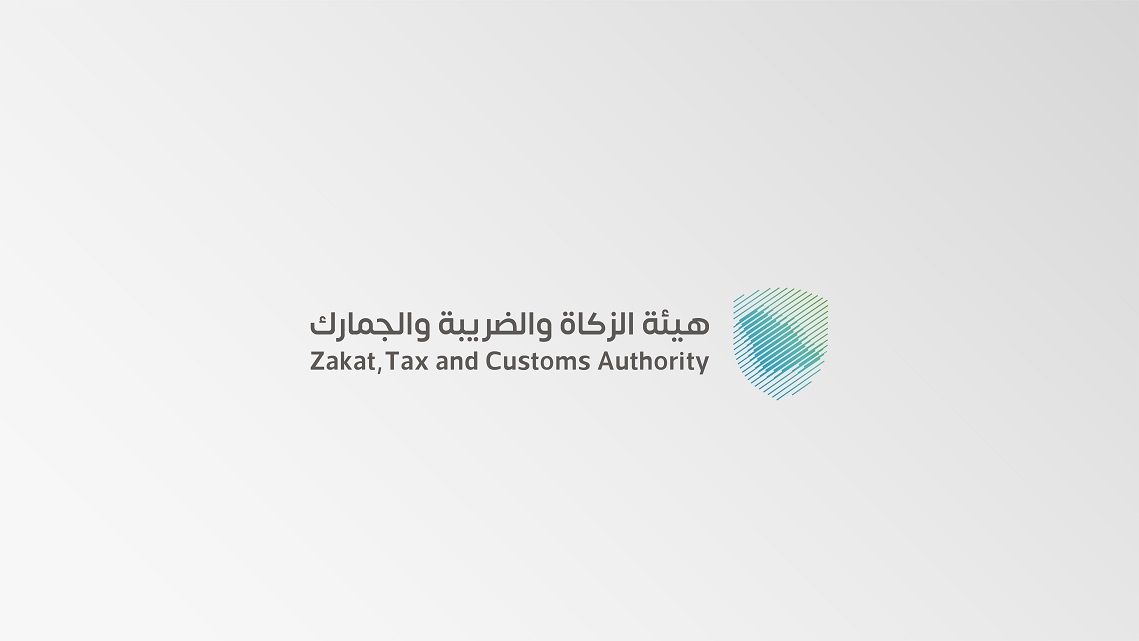Zakat, Tax and Customs Authority (ZATCA) clarified that it has today initiated the procedures for implementing Phase Two (Integration Phase) of E-invoicing which aims to integrate E-invoicing solutions of taxpayers subject to the E-invoicing Regulation with ZATCA's platform (FATOORA), where ZATCA will inform and communicate with the targeted taxpayers to complete procedures for implementing Phase Two (Integration Phase) of E-invoicing.
What is E-Invoicing (FATOORAH)?
Electronic invoicing is a procedure that aims to convert the issuing of paper invoices and notes into an electronic process that allows the exchange and processing of invoices, credit notes & debit notes in a structure electronic format between buyer and seller through an integrated electronic solution.
What is an electronic invoice?
A tax invoice that is generated in a structured electronic format through electronic means. A paper invoice that converted into an electronic format through coping, scanning, or any other method is not considered an electronic invoice.
Tax Invoice
An invoice that is usually issued by a Business to another Business (B2B), containing all tax invoice elements.
Simplified Tax Invoice
An invoice that is usually issued by a Business to consumer (B2C) containing all simplified tax invoice elements.
How does E-Invoicing (FATOORAH) work?
E-Invoicing will be rolled-out in two phases in KSA For the first phase, enforced as of December 4th, 2021, for all taxpayers (excluding non-resident taxpayers), and any other parties issuing tax invoices on behalf of suppliers subject to VAT, electronic invoice issuance will be very similar to invoices generated prior to 4 Dec 2021, with invoices issued through a compliant electronic solution and including additional fields depending on the type of the transaction.

